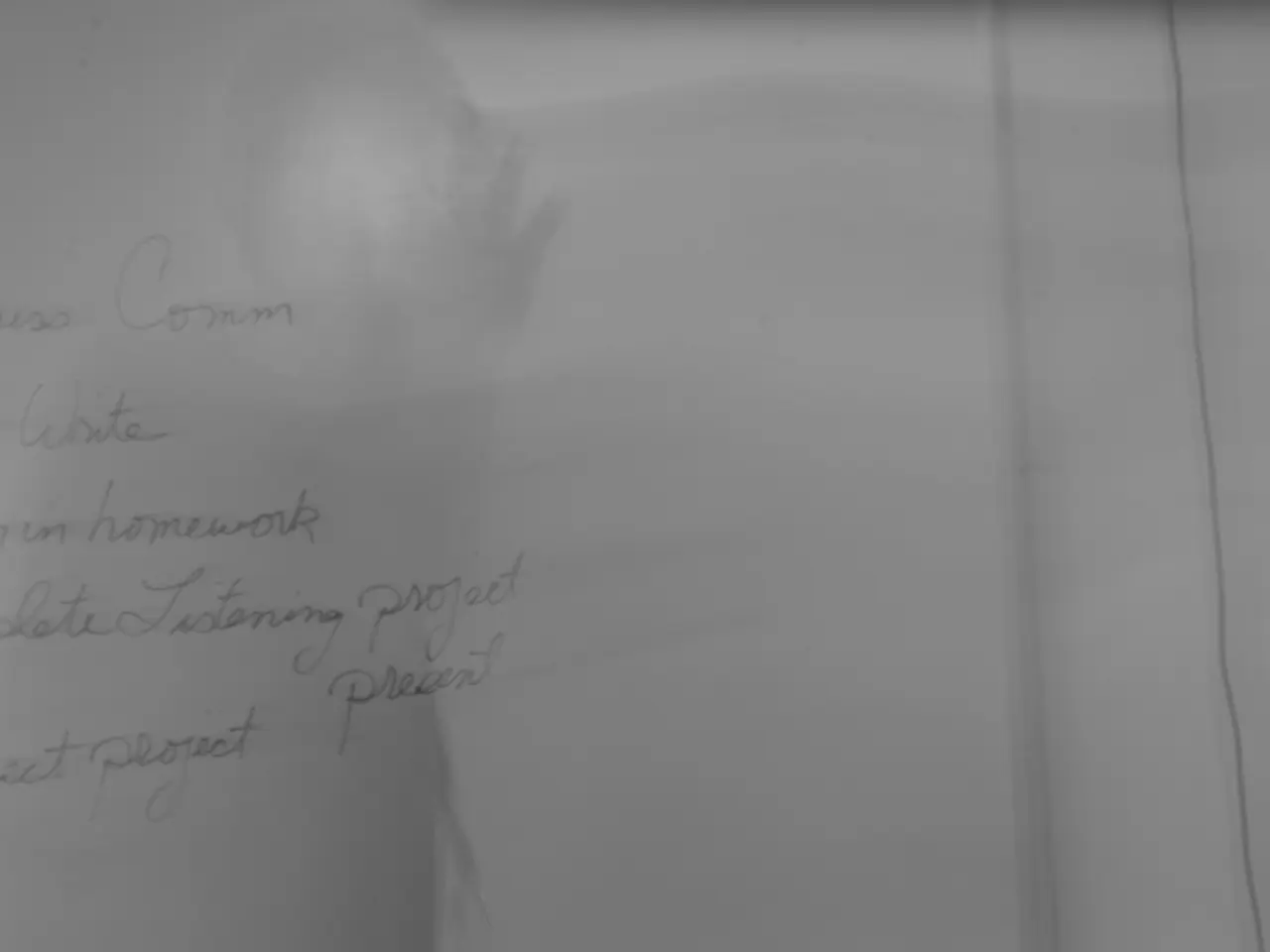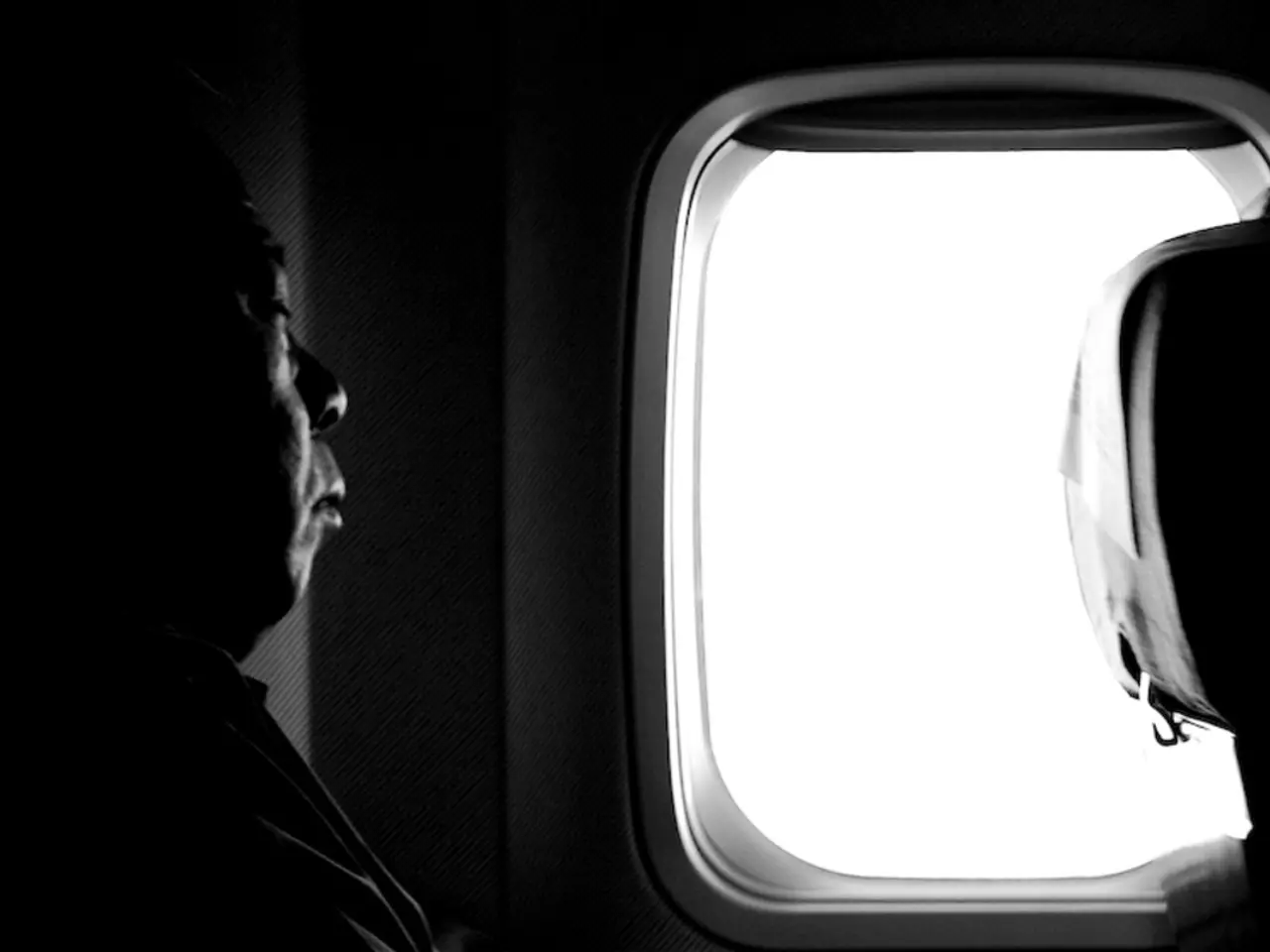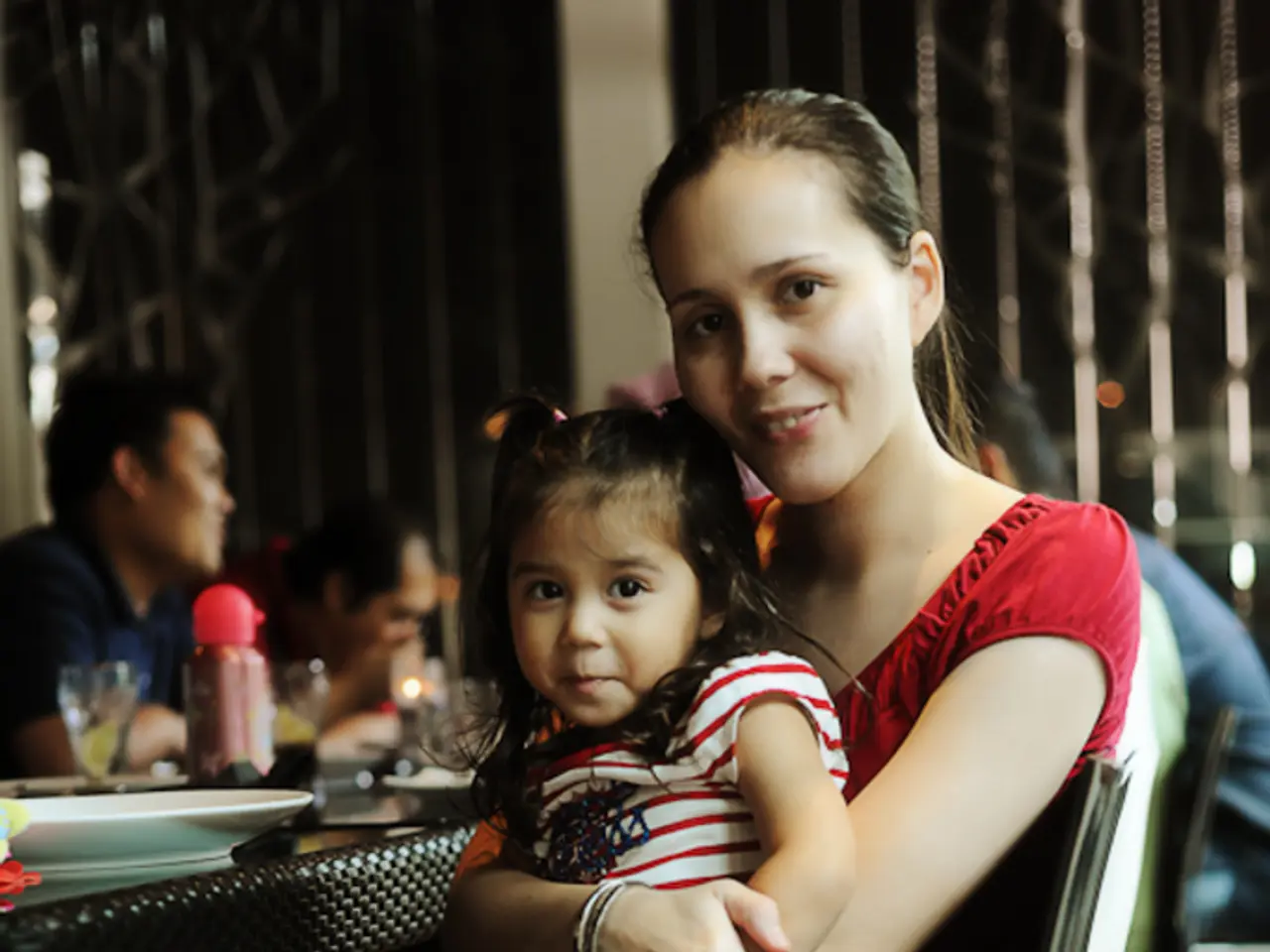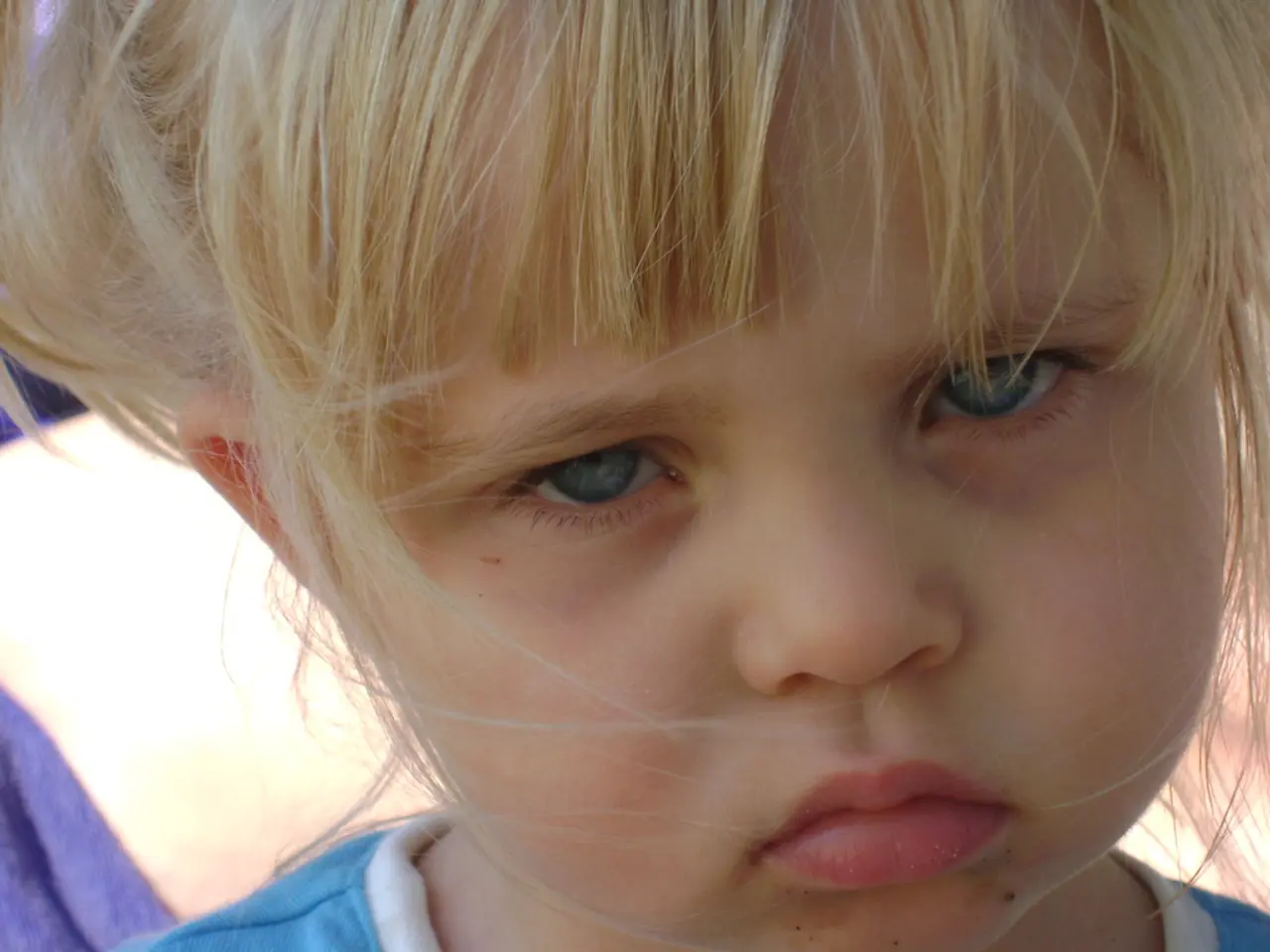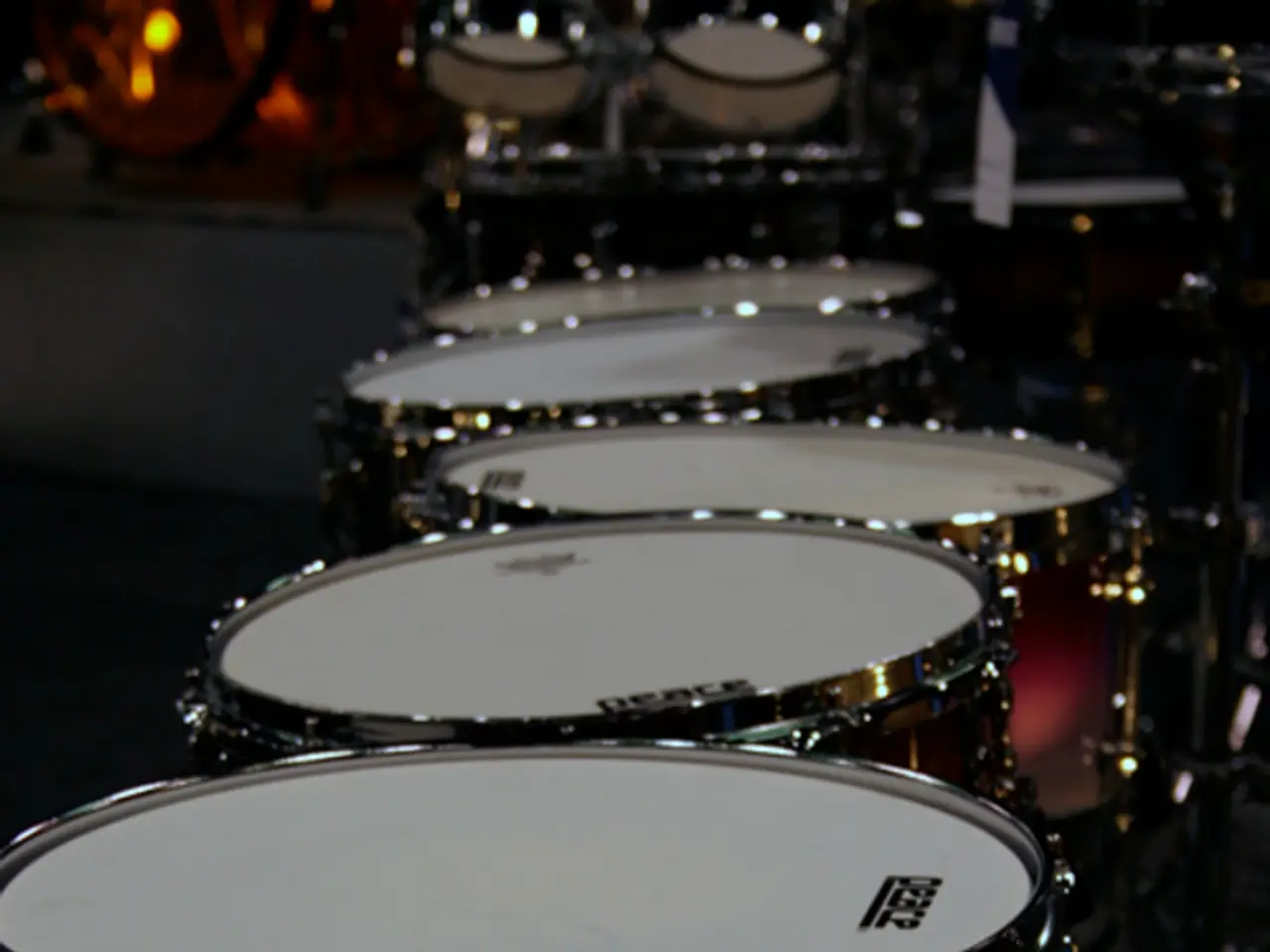Insights from Psychology Professionals on Your Disorganization that You Might be Unaware Of
Unraveling the Psychological Puzzle Behind Clutter
Clutter is more than just a pile of unwanted items gathering dust in a corner. It's a complex phenomenon that stems from deep-rooted psychological factors, as a multitude of studies have revealed.
Our brain's remarkable ability to rationalize and justify actions, even when it comes to keeping clutter, is one such factor. Emotional attachments and meanings, fear of loss or regret, indecisiveness, and cognitive overload are some psychological triggers that contribute to clutter accumulation.
Items may symbolize safety, comfort, identity, or past experiences, making it emotionally painful to discard them. People worry they will lose something valuable or regret discarding items, triggering anxiety and avoidance of decision-making. Difficulty categorizing possessions and making choices leads to clutter accumulation and hampers organizational ability.
The fear of loss or regret can be so potent that it's often difficult to let go of items we no longer use or need, due to a cognitive bias known as loss aversion. This bias makes us prefer avoiding losses over acquiring equivalent gains.
Another cognitive bias that contributes to clutter attachment is the endowment effect. We tend to attribute a higher value to things we own simply because we possess them.
Understanding the connection between our mind and clutter can help us address the underlying psychological factors contributing to its accumulation. Identifying and changing negative thought patterns and beliefs can help us break free from the clutter trap and create a more organized and peaceful living space.
Research studies since 2013 have indicated that the possessions we choose to keep and how we organize them can reveal insights into our personality, values, and emotional state. For instance, holding onto other people's things may indicate trouble setting boundaries, while holding on to unopened boxes or items with tags still on it could indicate a fear of the future or a "What if I need it someday" mentality.
In some cases, the right side of the brain, which controls the left side of the body, and the left side of the brain, which controls the right side of the body, function independently due to a severed corpus callosum. This split-brain condition has been observed in certain individuals, and studies on these patients have shown that the left side of the brain, responsible for reasoning and rationalizing, would skew information in its favor.
The brain's selective attention also plays a role in clutter. Over time, our brains filter out clutter, making it less noticeable. However, this can lead to a perceived environment of chaos and lack of control, negatively impacting mood, focus, productivity, and overall mental well-being.
To combat these psychological barriers to decluttering, acts of mastery, vicarious experiences, verbal persuasion, and psychological arousal are four ways to increase self-efficacy. By boosting self-efficacy, individuals can tackle clutter more effectively and maintain a more organized living space.
In conclusion, the psychological factors behind clutter are intricate and varied. By understanding these factors, we can better equip ourselves to address the issue and create a more peaceful, organized, and clutter-free environment.
References:
[1] Frost, R. O., & Steketee, G. (2014). The Oxford handbook of hoarding and acquiring. Oxford University Press. [2] Neale, J. M., & Abbey, S. E. (2014). The psychology of clutter: Understanding the impact of cluttered living environments on well-being. American Psychologist, 69(1), 76-87. [3] Tinner, W., & Steketee, G. (2014). Clutter intervention: A comprehensive model for the treatment of chronic disorganization. Behavior Therapy, 45(3), 385-400. [4] Tolin, D. F., Frost, R. O., & Steketee, G. (2010). Cognitive-behavioral therapy for hoarding disorder: A systematic review. Behaviour Research and Therapy, 48(12), 1170-1180. [5] Yim, D. S., & Steketee, G. (2015). The psychology of clutter: Understanding the impact of cluttered living environments on well-being. In The psychology of clutter: Understanding the impact of cluttered living environments on well-being (pp. 1-23). Routledge.
- The psychological triggers, such as emotional attachments and fear of loss or regret, contribute to the accumulation of clutter, turning it into a complex phenomenon.
- By identifying and changing negative thought patterns and beliefs about clutter, individuals can take a step towards breaking free from the cycle of clutter accumulation and create a more organized and peaceful living space.
- Research studies from 2013 suggest that the possessions we choose to keep and how we organize them can provide insights into our personality, values, and emotional state.
- The brain's selective attention plays a role in clutter, causing our brains to filter out clutter over time, making it less noticeable and potentially leading to a perceived environment of chaos and lack of control, impacting mental well-being.
- Boosting self-efficacy through acts of mastery, vicarious experiences, verbal persuasion, and psychological arousal can help individuals tackle clutter more effectively and maintain a more organized living space, which positively affects their health-and-wellness and mental-health.
